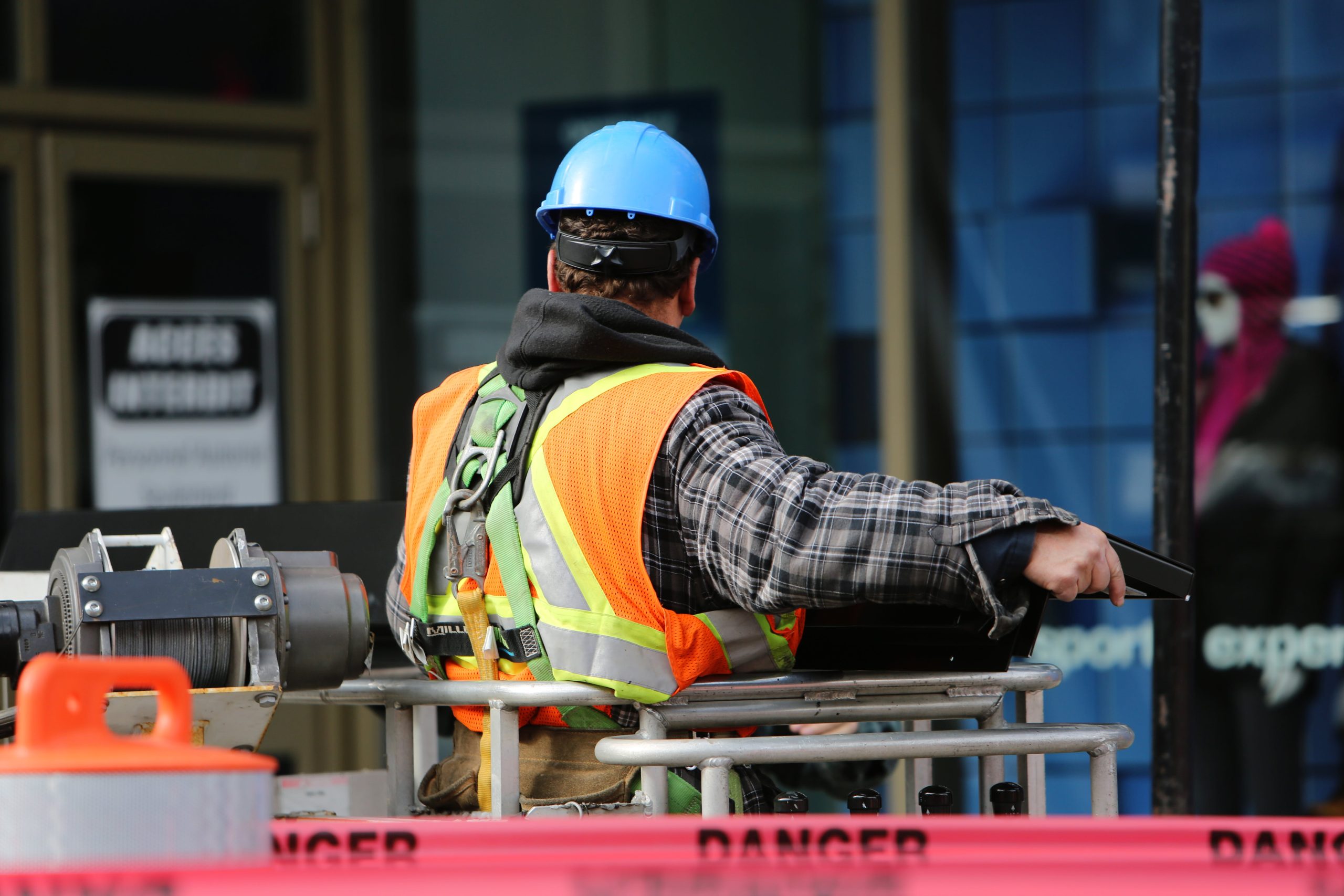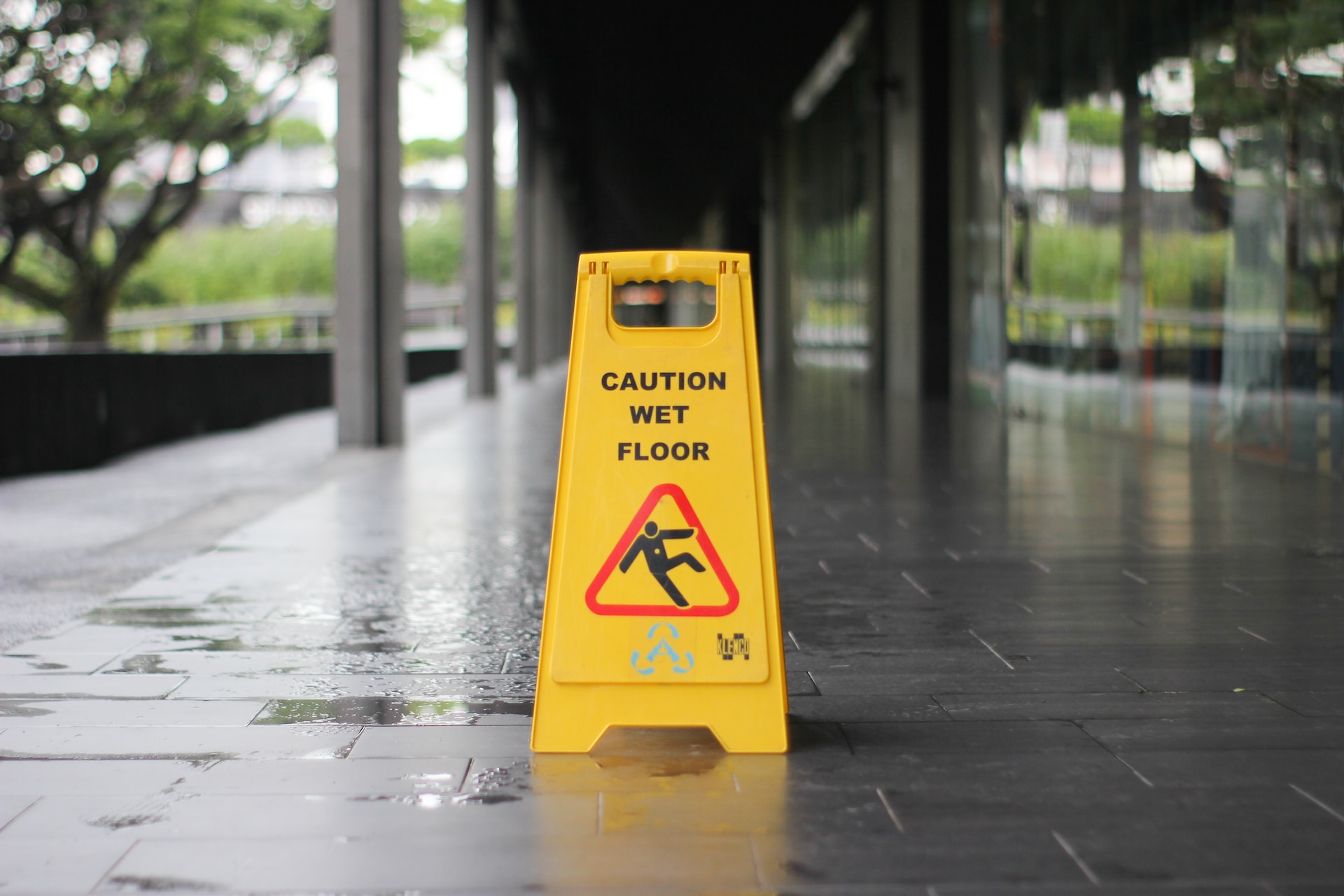In daily conversation, people use the terms accident and incident interchangeably. In the context of workplace safety, however, it’s important to make the distinction between the two.
Accidents are unexpected events that happen in the workplace that result in property damage, personal injury, illness, or death. Incidents are unexpected events that happen in the workplace but do not result in property damage, personal injury, illness, or death.
Accidents, therefore, can be incidents, but not all incidents are accidents.
There is also a subcategory to incidents called “near misses”. These are incidents that could have resulted in damage, injury, illness, or death.
Employees give their time, effort, and in certain industries, their bodies to benefit their employers. Employees are then entitled to a workplace where they can do their jobs safely. Both accidents and incidents directly impact workplace safety. As such, employees have the right to report either type of event to management, local authorities, and the Health and Safety Executive (HSE) to push their employers to address the situation, whether or not the reporting employees were directly affected. Employees also have the right to file a workers’ compensation claim if they were directly affected by the event while on the job.
Reporting Accidents and Incidents
It is important to report accidents and incidents for a number of good reasons. First and foremost is that reporting such events can help prevent the same things from happening again. People make mistakes, but the organisation has to learn from those mistakes.
Knowing exactly what happened is the first step to learning and coming up with the right solutions to ensure the same mistakes don’t happen again. This is especially true for incidents, as it is an opportunity to fix a problem where nobody gets hurt. By reporting an incident, you can prevent an accident.
For example, what may seem like a small incident not worth reporting, such as a blown fuse, could lead to a much bigger accident where something catches on fire and burns an employee.
When an accident does occur and people get hurt or property gets severely damaged, it becomes a legal necessity to file a report that reaches the HSE.
Accidents and incidents that need to be reported fall under RIDDOR, which stands for the Reporting of Injuries Diseases and Dangerous Occurrences Regulations. It is legislation that says what workplace events are reportable and how they should be reported.
The list of RIDDOR-reportable events are as follows:
Deaths
Any death that happens as a result of a work-related accident, including non-workers and acts of physical violence to workers. Suicides are the only exception.
Work-related Injuries
- Fractures, other than to fingers, thumbs, and toes
- Amputations
- Injuries that result in blindness or reduction in sight
- Crush injuries to the head or torso that damage the brain or internal organs
- Serious burns, including scalding, which:
- Covers more than 10% of the body
- Causes significant damage to the eyes, respiratory system, or other vital organs
- Scalping that requires hospital treatment
- Loss of consciousness caused by head injury or asphyxia
- Injuries from working in an enclosed space which:
- Leads to hypothermia or heat-induced illness
- Requires resuscitation or hospital admittance for more than 24 hours.
Occupational Diseases
These are conditions that are directly caused or worsened by work.
- Carpal tunnel syndrome
- Severe hand or forearm cramps
- Tendonitis or tenosynovitis of the hand or forearm
- Hand-arm vibration syndrome
- Occupational dermatitis
- Occupational asthma
- Occupational cancer
- Diseases attributed to occupational exposure to a biological agent
Dangerous Occurrences
These are “near miss” incidents that could have resulted in severe injury or death. With over 27 categories that are relevant to workplace safety, we’ll only list the three most common that need to be reported:
- Collapse, overturning, or failure of load-bearing parts of lifts and lifting equipment
- Plant or equipment coming into contact with overhead power lines
- Accidental release of any substance which could cause injury
Gas Incidents
These are incidents where someone has died, lost consciousness, or been hospitalised for treatment of injuries caused by flammable gas.
Gas appliances and fittings that are deemed unsafe and could cause the following should be reported:
- Accidental gas leakage
- Incomplete gas combustion
- Inadequate removal of products of gas combustion
When Accidents and Incidents Should Be Reported
Reports should be filed as soon as possible. However, the HSE does give some leeway as to how soon reports are filed, depending on the type of workplace event that caused harm.
Without Delay
These are events that require notifying the HSE immediately.
- Accidents that result in a death
- Accidents that result in a major injury
- Accidents that result in hospitalisation of non-workers
- Dangerous occurrences
Occupational diseases, while they take time to develop, must be reported immediately upon official diagnosis.
Within 10 Days
The HSE understands that filing a complete report takes time to ensure all the information is correct. This is why most accidents and incidents have a maximum time frame of 10 days to file a full report.
Within 15 Days
The only case where you have up to 15 days to file a report is when the person affected by an accident is unable to go to work for more than seven consecutive days, which is also known as an over-seven-day incapacitation.
The day the accident occurs is not counted within the seven-day injury period, but weekends and rest days are.
The 15-day timeframe starts on the day of the accident, not on the day at the end of the seven-day injury period.
Why Reporting Accidents and Incidents Matters
Employers, work premise managers, and the self-employed are the ones responsible for filing a report.
Deaths and serious injuries must be reported as soon as possible via telephone using the number 0345 300 9923, which is available from Monday to Friday at 8:30 am to 5 pm. All other RIDDOR-reportable events can be made through the appropriate online forms.
When it comes to the health and safety of your employees, you cannot overlook any event that puts your staff in danger. Whether it’s an incident or an accident, you must investigate the severity of the circumstances, then take the appropriate steps to file a report. Doing so can only lead to a safer and overall better workplace.
Make sure your organisation has the policies and processes in place to reduce the risk of accidents and to address them properly if they happen. Contact the Health & Safety Dept today for professional accident investigation and other workplace health and safety services.




